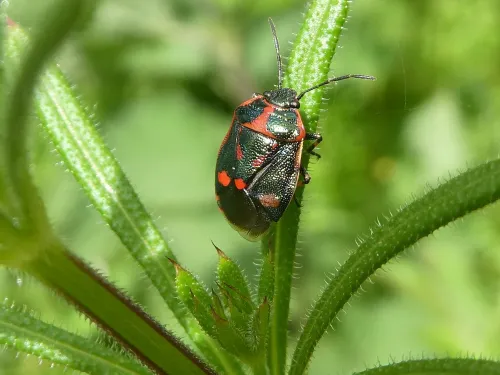
New data suggest that insect life continues to decline in Kent
The troubling extent of insect declines in Kent has been highlighted once again by the results of the 2025 Bugs Matter citizen science survey published today
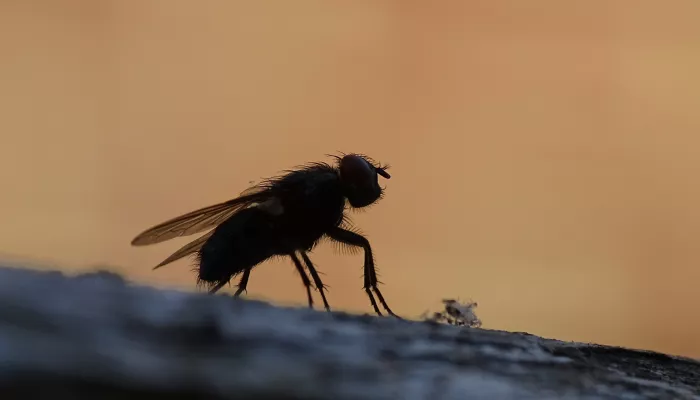
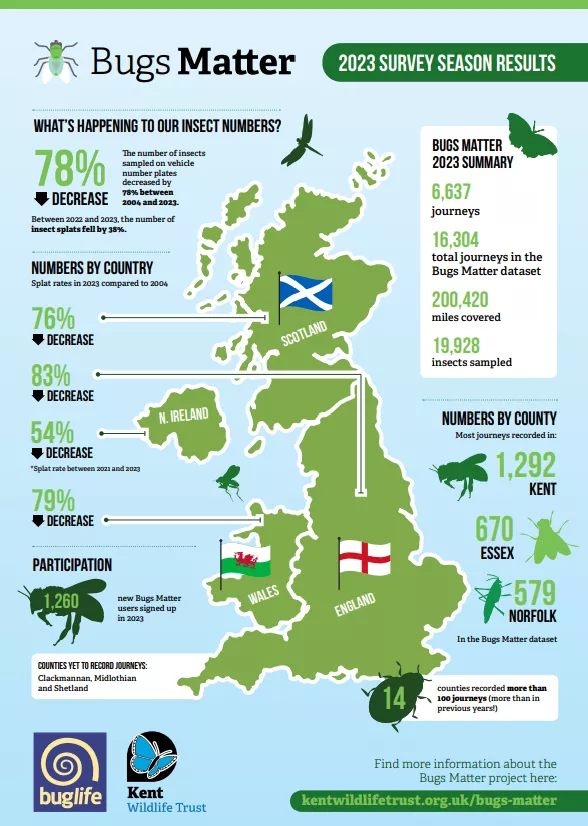
Dr. Lawrence Ball of Kent Wildlife Trust stated: "These results are incredibly concerning and illustrate the scale of the crisis facing insect populations in Kent and the UK. A decrease in the number of insects sampled of more than 75% in less than two decades nationwide is terribly alarming and could have devastating consequences….The ongoing commitment of citizen scientists to the Bugs Matter survey means we recorded more data in 2023 than in any previous year. Insects are critical to the survival of our planet as we know it - a world without them is a shocking thought indeed.”
The new data shows decreases in insect splat rates across all countries of the UK, with the sharpest fall between 2004 and 2023 recorded in England at 83%. Scotland saw a 76% drop, while Wales experienced a 79% decrease over the same period. Northern Ireland, with limited data, showed a 54% decline between 2021 and 2023.
Andrew Whitehouse of Buglife added: "The latest Bugs Matter data suggests that the abundance of flying insects in our countryside has dramatically fallen. The consequences are potentially far-reaching, not only impacting the health of the natural world, but affecting so many of the free services that nature provides for us. The Bugs Matter findings are similar to other studies which have documented declines in insect abundance from around the world. Human activities continue to have a huge impact on nature – habitat loss and damage, pesticide use, pollution, and climate change all contribute to the decline in insects. Society must heed the warning signs of ecological collapse, and take urgent action to restore nature”.
The report's authors caution that further long-term monitoring is needed to reliably estimate trends, but stress that the current pace of decline is unsustainable. By taking part in the Bugs Matter survey each year, citizen scientists can provide crucial data to better understand insect population patterns. They call for urgent action to address drivers of insect declines like habitat loss, unsustainable agricultural practices, and environmental pollutants.
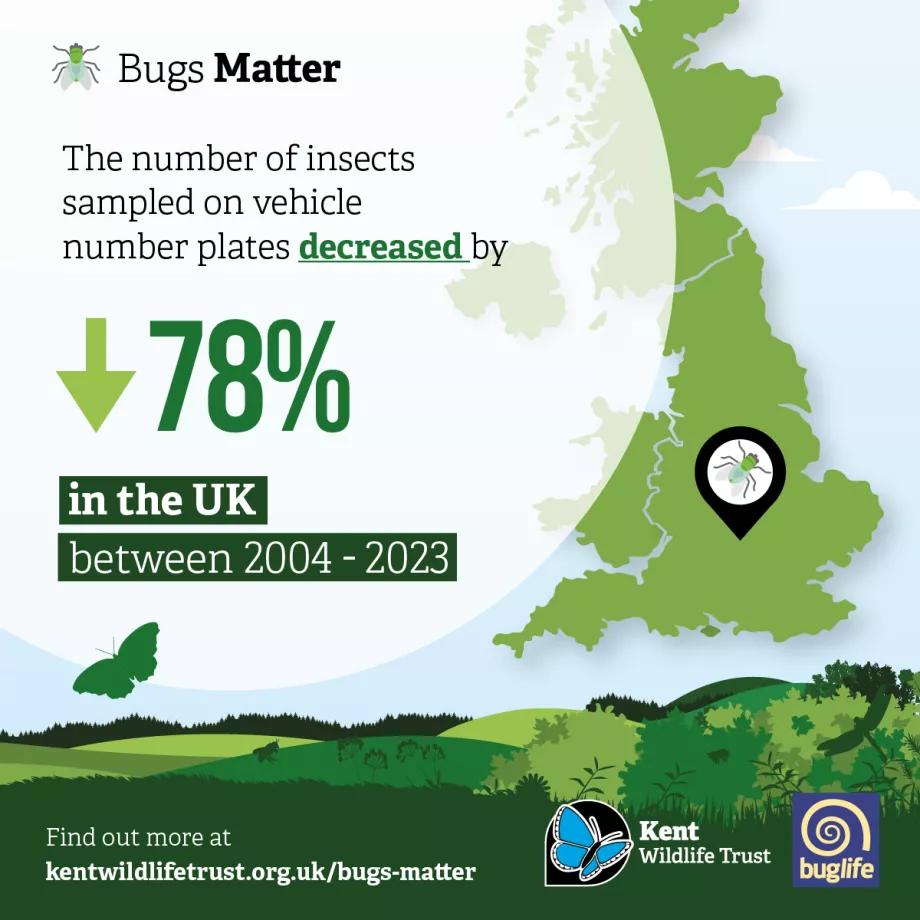
Andrew Whitehouse concluded: "Thank you to everyone who took part in the Bugs matter survey in 2023. Without your help we would not have this crucial data on the health of our insect populations and our environment. We are relaunching the survey in May this year, and hope that lots more people will join in.”
The Bugs Matter survey will continue annually to generate crucial data on flying insect populations across the UK. It is quick, free and easy to get involved – just download the free mobile phone app, and start recording insect splats on vehicle journeys.
2024 will see the survey season extended to firstly capture even more valuable data and secondly to potentially account for changes and variations in weather patterns and possible insect emergence events; participants can now record journeys and submit date between Wednesday 1 May and Monday 30 September.

The troubling extent of insect declines in Kent has been highlighted once again by the results of the 2025 Bugs Matter citizen science survey published today
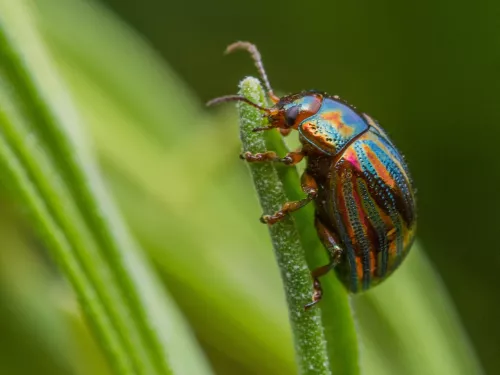
Since May, an army of citizen scientists has been embarking on a unique mission - counting bug splats on car number plates to help monitor the health of the UK and republic of Ireland’s insect populations.
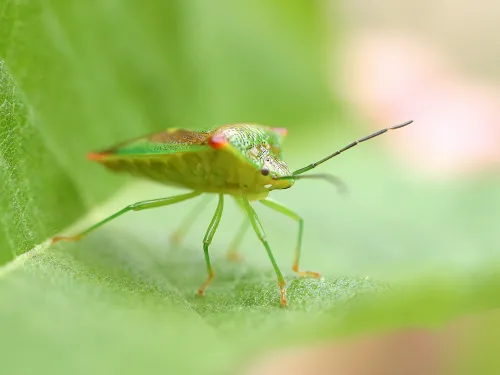
The Bugs Matter survey determined bug splats on number plates have fallen by 67% since the app was launched in 2021. Conservationists describe the outlook for Kent as “seriously concerning” but acknowledge that more data is required to determine…